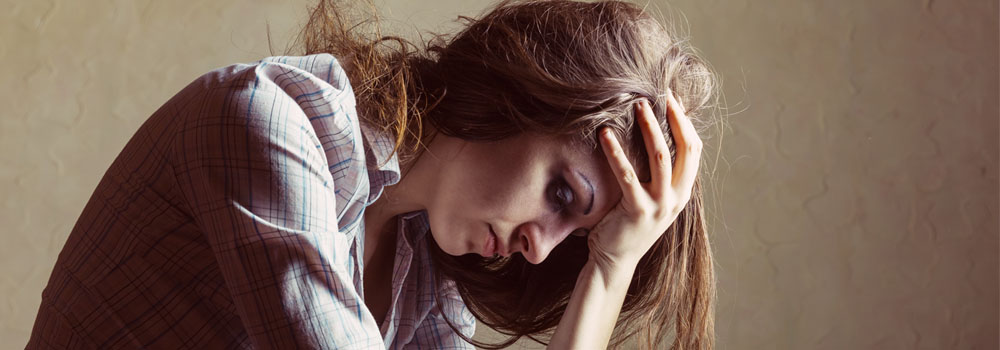Restlessness as a Symptom of Addiction
Restless is as a symptom of addiction that occurs when an individual becomes involuntarily uncomfortable with their environment. It is a way in which the body responds to things that may result in mental and physical stress. Though restlessness is more common than it seems, there are different conditions whereby restlessness can be diagnosed as a symptom.
When restlessness occurs more often, this leads to exhaustion. Your heart rate increases – as well as your breathing – which is followed by a loss of concentration. Restlessness becomes intense at night, especially when coupled with anxiety.
There are situations when this could be seen as normal, especially if it occurs before an interview or audition. However, if this becomes a constant incidence, it could indicate that the body is being stressed. In the case of addiction, this means you’re focusing too much on something from which the body needs to take a break – or potentially, substances that are chemically altering your brain.

Signs and Symptoms
Restlessness as a symptom of addiction has other signs you should look out for. These might be as a result of other illness or disorders as well. They include:
- Loss of concentration: When a patient is restless, they lose every form of concentration, as their bodies are placed in a situation of ‘fight or flight’.
- Sleep disorder: Restlessness is often characterised by sleep disorders such as nightmares, insomnia etc. Because the body cannot focus and concentrate, chemical compounds in the brain are triggered, mimicking perceive threats – even when there are none.
- Feeling on edge.
- Easily fatigued.
- Irritability.
- Muscle tension.
Call our admissions line 24 hours a day to get help.
When to see a Doctor
No matter how vague it may appear, restlessness might be a sign of other disorders, like anxiety and post-traumatic stress syndrome. Therefore, if you notice any of these, report them immediately to a caregiver.
Diagnosis and treatment of restlessness varies across conditions, personality and medical history, so what works for one patient might not work for another. Seek the help of a doctor if you notice any of the following signs:

Restlessness after undergoing addiction treatment: This could occur during the early days of addiction treatment, after the body has become used to certain substances. The early treatment period may involve signals from the brain that ‘request’ such substances to feel good. This in turn would trigger restlessness, lack of sleep or fatigue.
Restless Leg Syndrome (RLS): restlessness can lead to Restless Leg Syndrome if you don’t get help early on. Though RLS could be genetic, things could be worse if you have family history of this condition or leave restlessness untreated.
See a doctor when you notice you’re easily fatigued during the early stages of your addiction treatment. Your body might be mentally exhausted without having engaged in any physical activity.
Meanwhile, certain conditions can trigger mood swings, but when you become easily irritated and lose concentration, it’s time to see a caregiver. There’s a possibility there may be other underlying conditions present.
Addiction and substance abuse can cause the body notable damage, especially if certain symptoms are noticed, but left untreated. Therefore, get help for yourself or loved one immediately.
Call our admissions line 24 hours a day to get help.

